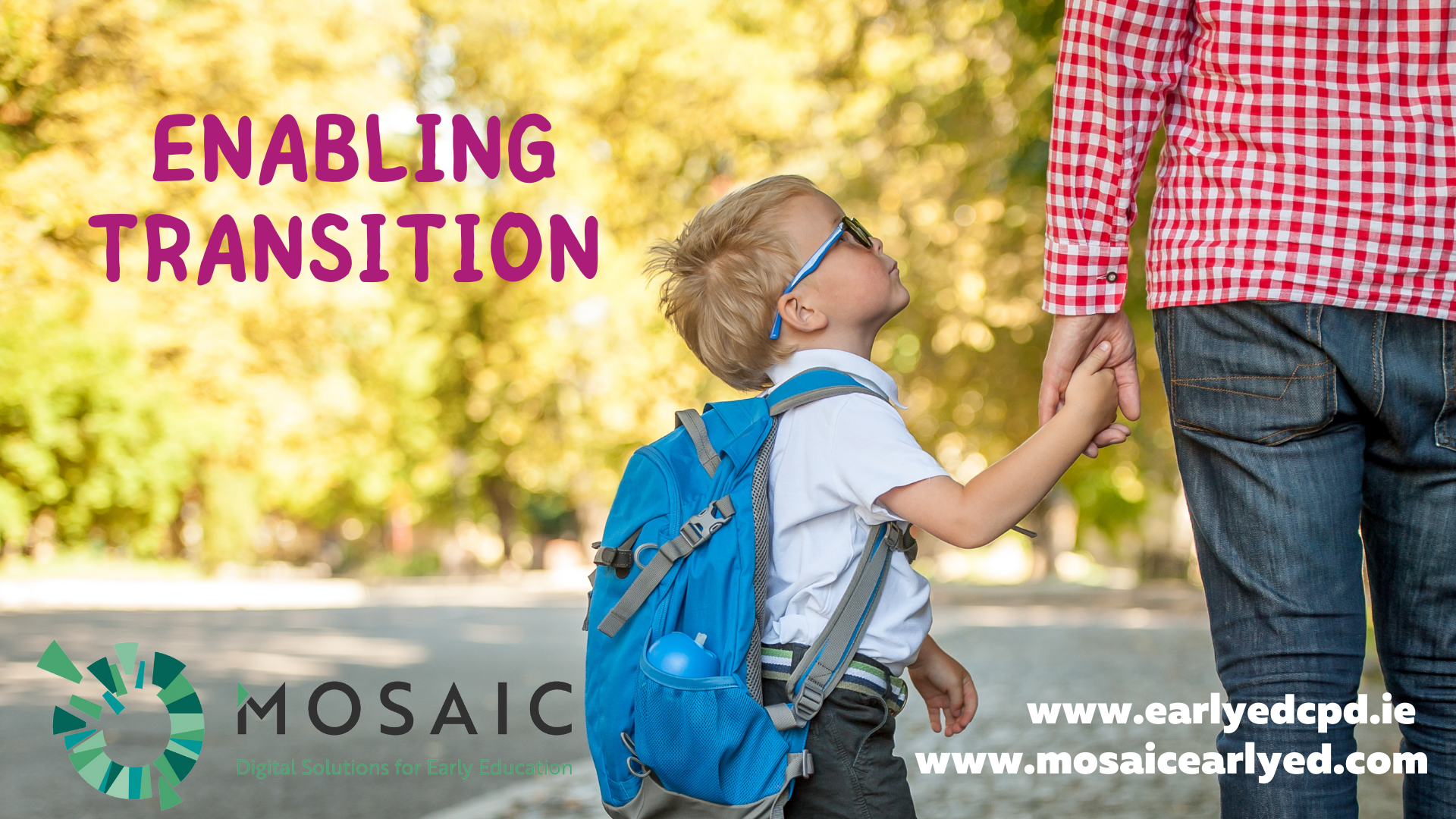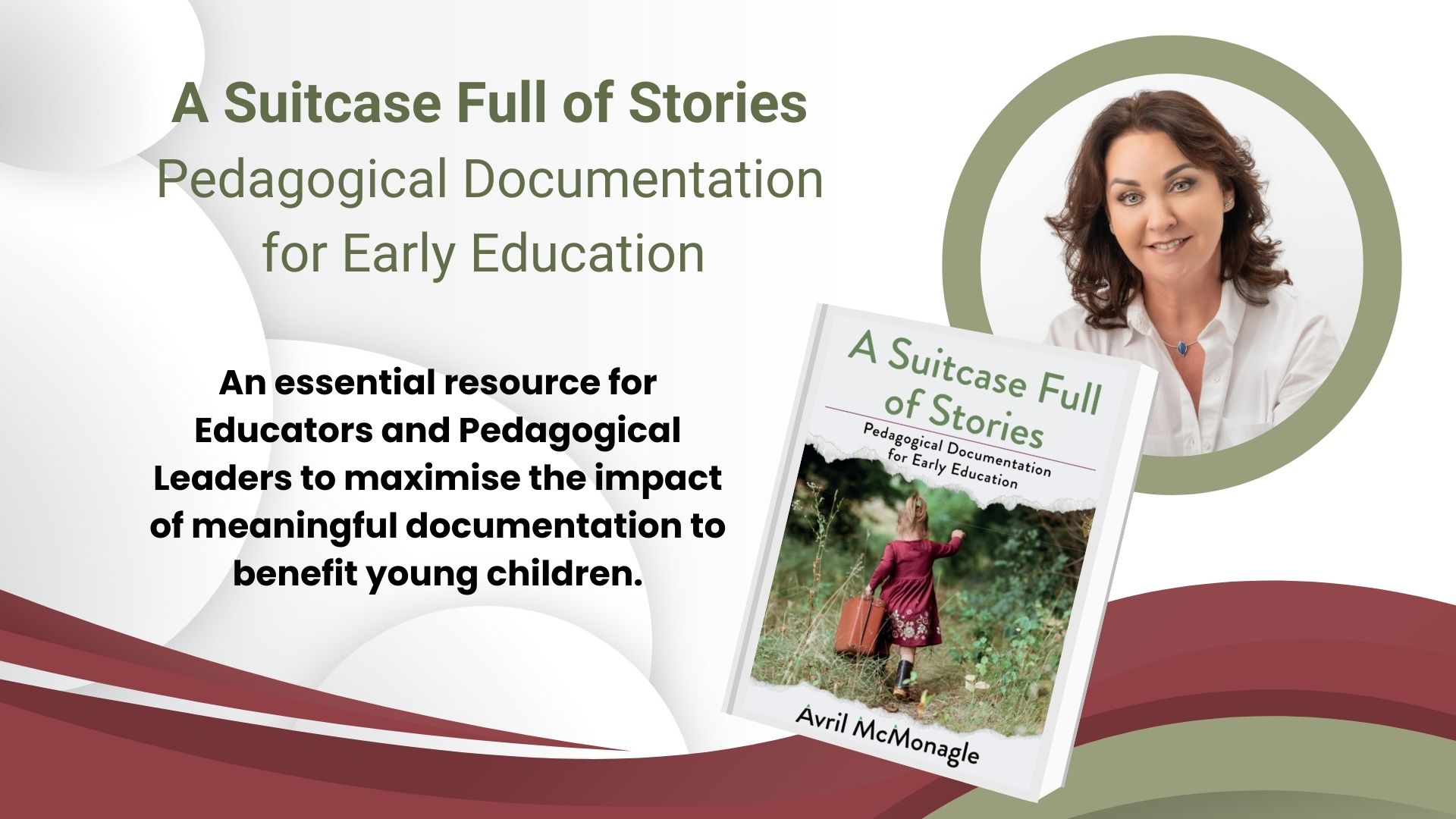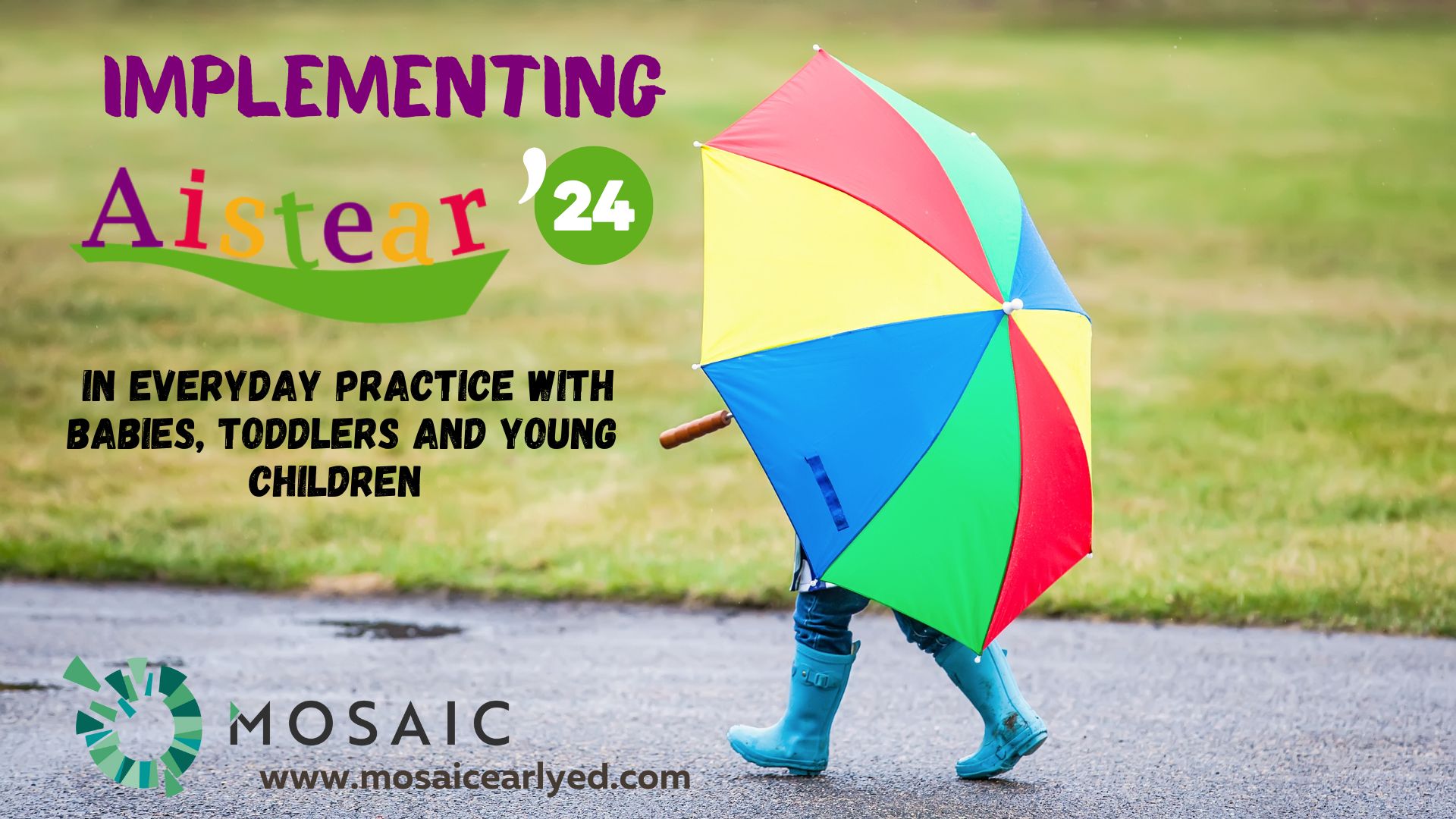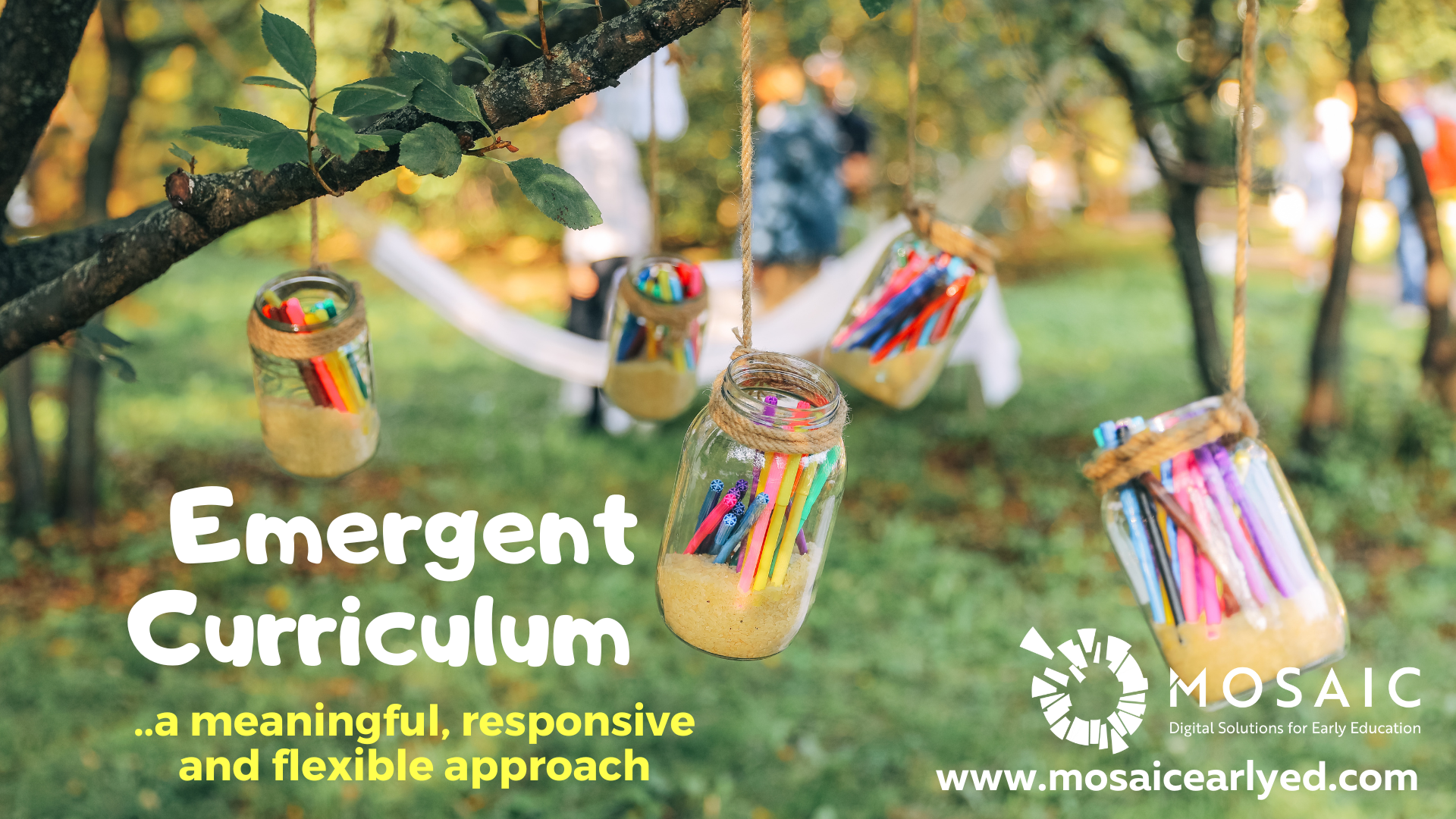Enabling Transition (2nd ed, Mar 23)
Programme Introduction
The transitions process is essentially the ongoing process of change for children, families and educational settings to facilitate children’s movement from one situation or setting to another.
The ‘Enabling Transition’ programme includes the importance of positive transitions from pre-school to primary school, good pedagogy practice to enable smooth transitions and compiling Transition Reports.
The Resource Documents section contains printable handouts to support the programme content and a Certificate of Participation is saved to the educator profile on completion.
Supporting handouts include:
-
Enabling Children to cope with Transition
-
The Invisible Suitcase (Nurturing an emotional toolkit for life)
-
Completing Transition Reports - a guide for educators
-
What learning am I looking for? (Dispositions, Skills, Knowledge, Atttitudes for transition reporting)
-
Parent Tip Sheet - Supporting Transition
-
Blank Transition Report Template
-
Sample Transition Reports
*PLEASE READ YOUR 'NOTES FOR THE COURSE' BEFORE STARTING YOUR PROGRAMME*
Programme Content
- Highlights the key role that properly managed transitions have on the child’s well-being and future capacity to learn.
- Describes preparing children as a joint effort between the Educator, the child, parents and the new teacher.
- Preparation for transitions from the Educator perspective – preparing the child, informing parents and connecting with the new teacher.
- Provides the Educator with prompts for making comments under each Aistear learning theme in the transition report.
Key Learning Outcomes
Participants will develop:
1. An understanding of the why the ability to cope with transitions is key to how children will cope with change and transition throughout their lives.
2. Knowledge regarding the different parthers in the transition process and application of each role.
3. Comprehension and application of a range of practical curriculum activities and ideas to nurture children's emotional strength and resillience.
4. Application and ability to comple a strengths-based transition report based on evidence collected through learning stories and observations.
5. Reflection and evaluation of current practice in various areas relating to transition from pre-school to primary school.
02 Hours
€25.00
Presentation with video/audio
Easy to follow components
Downloadable reference documents
Test multiple choice questions
Certificate of Completion
You may also like
A Suitcase Full of Stories - Book information feature
0.5 Hours
Free
'Implementing Aistear 2024'
2.5 Hours
€25.00
Emergent Curriculum (2nd ed. April 2023)
2.5 Hours




